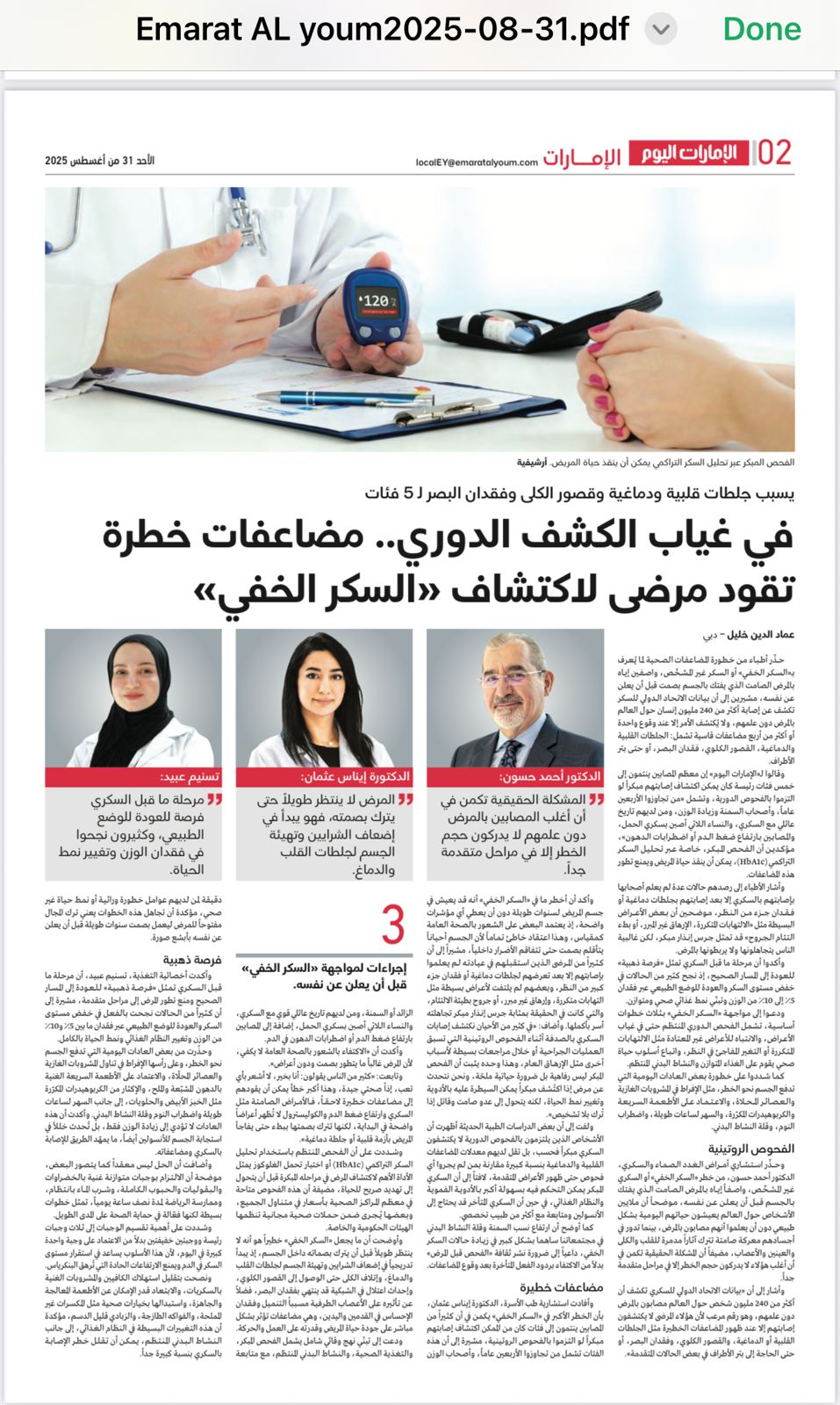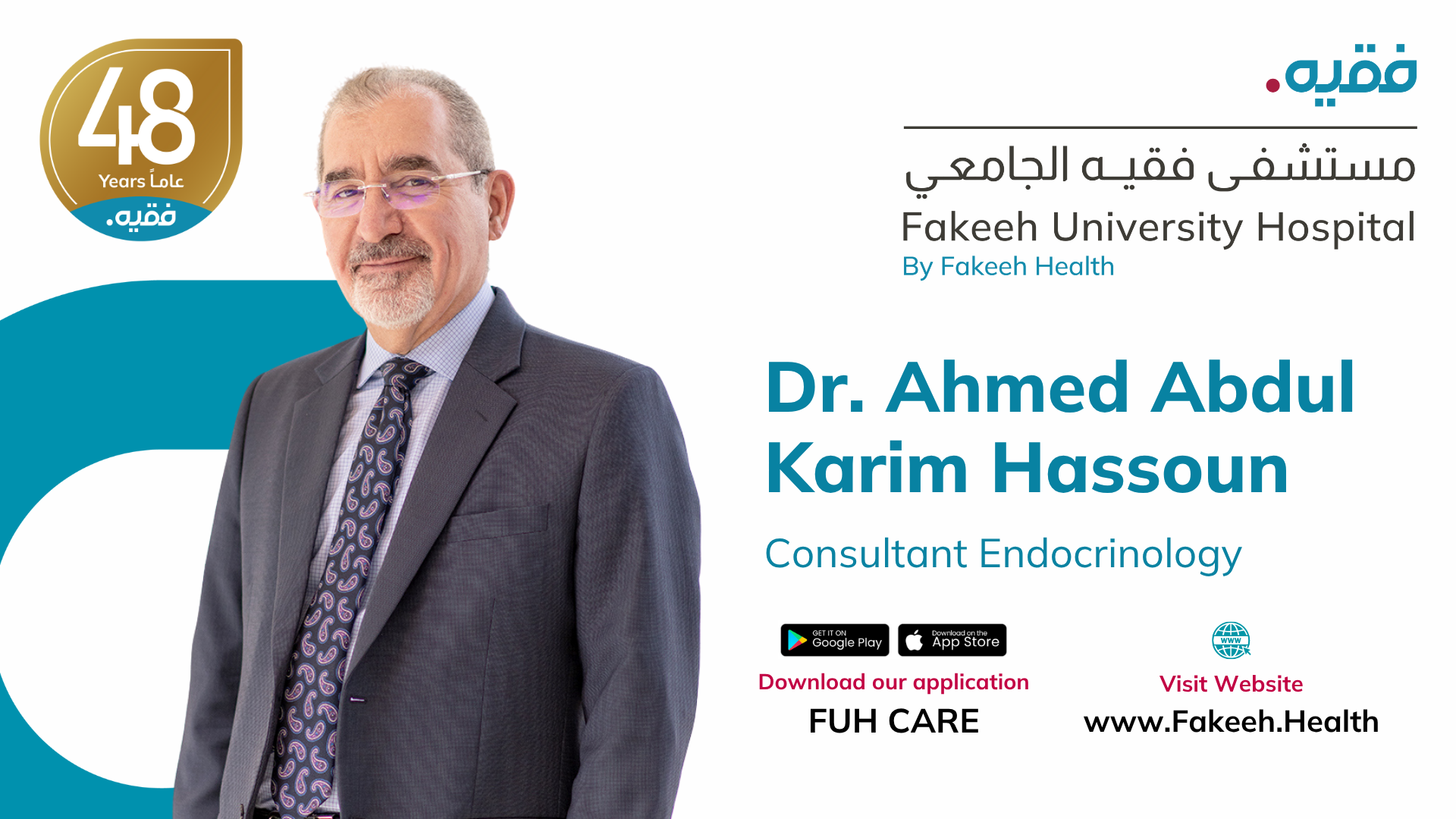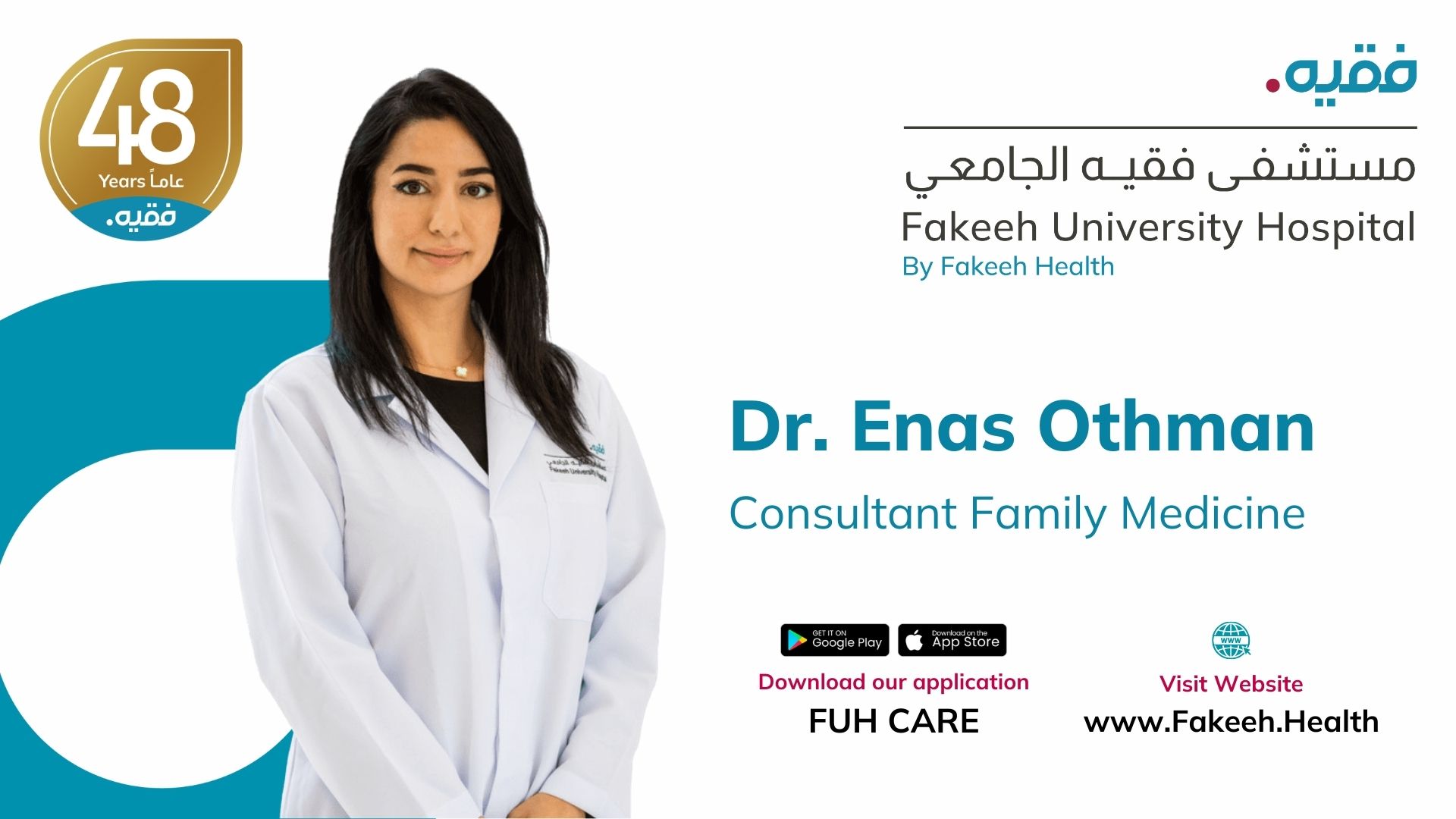
Hidden diabetes, also known as undiagnosed diabetes, is often called a "silent killer" — a chronic disease that can ravage vital organs long before any noticeable symptoms appear. According to the International Diabetes Federation, more than 240 million people globally are living with undetected diabetes. For many, the disease is only discovered after a heart attack, stroke, kidney failure, vision loss, or even limb amputation.
At Fakeeh University Hospital, our specialists stress the importance of early detection and lifestyle changes in preventing this silent threat from becoming a lifelong burden.
Many people unknowingly fall into high-risk categories and delay testing because they feel “healthy.” The five most common groups at risk include:
These individuals may go years without knowing they are diabetic — missing the window for early intervention.

While hidden diabetes is largely asymptomatic, there are subtle warning signs:
These signs are easy to dismiss but may indicate deeper metabolic issues.

Consultants at Fakeeh University Hospital emphasize that the HbA1c blood test is a critical tool for early detection. This simple test provides an average of your blood sugar levels over the past 2–3 months, identifying even pre-diabetic conditions before complications begin.
Early detection allows for intervention through:
Avoiding the need for insulin or managing multiple complications becomes much easier with timely diagnosis.
Doctors report numerous cases where individuals only discovered their diabetes after suffering stroke, vision loss, or severe nerve damage. These patients often ignored minor symptoms or relied on their general sense of wellness — a dangerous mistake.
Routine screenings — especially before surgeries or as part of general health checkups — often reveal undiagnosed diabetes. This alone highlights the urgency of regular health evaluations, even in the absence of symptoms.
Clinical dietitians at Fakeeh University Hospital describe pre-diabetes as a golden window for reversal. Studies show that losing just 5% to 10% of body weight and committing to a healthy lifestyle can return blood sugar levels to normal.
Recommended lifestyle changes include:

Endocrinology experts warn about modern habits that are fueling the diabetes epidemic:
These behaviors disrupt the body’s insulin response and pave the way for diabetes to develop undetected.
To prevent hidden diabetes:
Remember, early detection can prevent lifelong complications. At Fakeeh University Hospital, our endocrinology and diabetes experts are here to support you with personalized care, advanced diagnostics, and evidence-based treatment.
.jpg)
Hidden diabetes doesn’t just steal your health — it does so silently and relentlessly. But you can fight back with awareness, routine testing, and smart lifestyle choices.
Don’t wait for symptoms. Take charge of your health today.
Book your screening now at Fakeeh University Hospital.